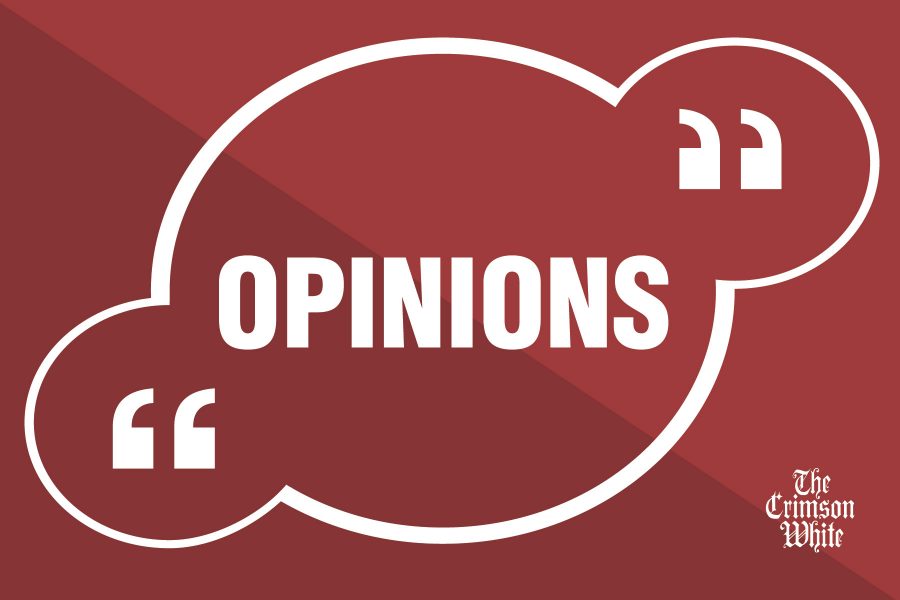Earlier this season, after the Edmonton Oilers’ star player Connor McDavid was taken off the ice because of a hit that initiated the NHL’s concussion protocol, his teammate Pat Maroon complained about the compulsory removal from the game. According to a CBC article, he said, “This is a man’s game. People are going to get hit, get high-sticked. They’re going to go through the middle and get hit. That’s part of hockey, and that’s why we have all this gear that protects us.” It is his first sentence, which he later repeated, that is of particular interest.
This past week, the U.S. Women’s National Hockey Team announced that they plan to boycott the upcoming International Ice Hockey Federation Women’s World Championship, which the U.S. is hosting in Michigan starting on March 31, because of stalled negotiations over “fair wages and equitable support.” This is a very important event, in part because it is one of the only times that the national team is able to play against high level competition, indicating the seriousness of their action.
The U.S. Women’s National Team is one of the most successful national hockey programs in the world, having won the World Championship six out of the last eight competitions and having medalled in all five Olympics that have featured the sport. They are far more successful than the U.S. Men’s National Team.
And yet, according to the players’ complaint, the women’s team is not treated equitably by the U.S. National Program. The players mention a number of areas of contention that they would like to see resolved before ending their boycott, “Specifically, we have asked for equitable support in the areas of financial compensation, youth team development, equipment, travel expenses, hotel accommodations, meals, staffing, transportation, marketing and publicity.” Women’s hockey deserves to be treated equitably by the U.S. National Program, and I applaud the players for exercising their agency and risking their relationship with the U.S. National Program in order to do what they know is right, for themselves and for millions of girls and women in the U.S.
Of course, the issue of inequity between men’s and women’s hockey is much larger than the U.S. National Program. There is no professional hockey league in North America that will pay women a living wage to play hockey, whereas men face no shortage of such leagues. Those who do choose to play professional hockey in either the Canadian Women’s Hockey League (CWHL) or the National Women’s Hockey League (NWHL), the most prominent professional leagues for women in North America, are often forced to take a second or third job in order to support themselves. (It is important to mention that while the language of this article is couched in terms of “women and girls,” there are trans people and nonbinary/gender nonconforming people who play in women’s hockey leagues.)
One of the reasons that no opportunities for women to play professional hockey for a livable wage exist is because of the sentiment expressed by Pat Maroon that is surely shared, at least privately, by many top officials in the hockey world: Hockey is a man’s game.
Of course, we know that Maroon, and others who have said the same thing, are not referring to who does play hockey, but who should play hockey. He, and others, probably think that women are too delicate, or too (insert misogynistic stereotype about women here) to play hockey (evidenced by the Maroon quote from the first paragraph). This line of thought is pervasive, not just among NHL players and executives, but also among fans, reporters, and broadcasters. It will require a lot of work to root out. We will need a larger cultural shift for it to be eradicated, but there are still important steps to be taken in the hockey community to foster equity amongst people of all genders who play, and love, the sport.
First and foremost, we need male hockey players, and men in general, to respect and support women. That starts in the recognition that the statement by Maroon, that hockey is a man’s game, is misogynistic and false. It would also go a long way if hockey players voiced their support for the Women’s National Team as they fight for equitable treatment from the U.S. National Program. It would mean even more if those players put something on the line of their own, perhaps joining the women in boycotting any national team activities until the demands of the women’s team are met.
But we, as spectators, also have a role. Show support for the team on social media using the hashtag #BeBoldForChange. Have discussions with your family and friends about the importance of equitably supporting women’s sports. And most of all, support women by watching or attending their games and buying their merchandise. The women’s team has shown us that they are all in. It is time that we follow their lead.
Isabelle Beauregard is a sophomore majoring in political science and African-American studies. Her column runs biweekly.









